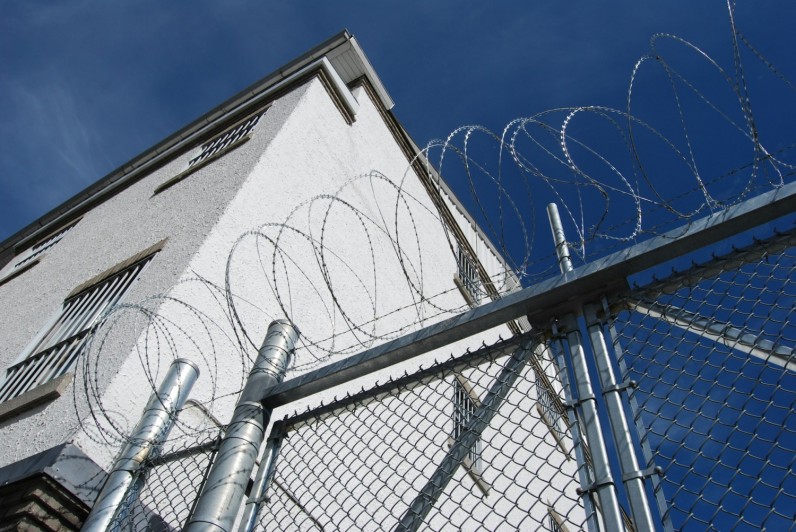A secret workforce in the United States is connected to hundreds of well-known food companies, and it involves prisoners.
With almost 2 million individuals behind bars, the US prison labor industry has transformed into a multibillion-dollar behemoth, employing inmates in fields well beyond the stereotypical ones, such as road crews, wildfire suppression, and license plate stamping.
Apparently, the country's biggest maximum-security prison, which is a former Southern slave plantation, has become the gateway to America's dinner tables.

Hidden Workforce
Unmarked trucks full of prison-raised cattle leave the Louisiana State Penitentiary, where inmates are forced to work for pennies an hour. After rumbling down a remote road to an auction house, a local rancher buys the cows, which The Associated Press follows 600 miles to a Texas butcher that supplies McDonald's, Walmart, and Cargill.
A two-year investigation into prison labor linked hundreds of millions of dollars worth of agricultural products to open-market goods through intricate, invisible webs like this one.
Among the most vulnerable workers in the US are inmates. Some risk losing their parole eligibility or receiving harsh punishments like solitary confinement if they refuse to labor. Furthermore, they are often not given the same rights as regular full-time employees, even in the event of a fatal or catastrophic injury sustained while on the job.
Most American kitchens have Frosted Flakes cereal, Ball Park hot dogs, Gold Medal flour, Coca-Cola, and Riceland rice from these inmates' production. They are sold at most supermarkets, including Kroger, Target, Aldi, and Whole Foods. Additionally, certain items are sent abroad, even to nations whose imports have been banned from the US due to involuntary or jail labor use.
Many corporations purchasing straight from jails violate their own labor regulations. However, it was lawful since the South needed workers to restore its economy after the Civil War.
Except in criminal cases, slavery and involuntary servitude are expressly forbidden under the 13th Amendment to the US Constitution. A federal lawsuit is challenging the clause right now, and this year, voters in about a dozen states will have the chance to decide whether or not to keep identical clauses in their state constitutions.
Pros and Cons
According to The Associated Press, proponents argue that jail employment saves taxpayers money and is not forced.
They said food is sometimes provided in prison kitchens or given to the needy. They also believe workers are acquiring skills they may utilize after release and given a purpose, which may repeat crimes. Some prisons enable offenders to reduce their sentences. They also claim that the occupations allow them to pay back society.
Meanwhile, critics argue that detained individuals should be compensated appropriately and treated humanely, and labor should be optional, but not all jobs should be removed. Some point out that a person's criminal record might make it almost hard to acquire outside employment, even after receiving specialized training, such as in firefighting.







Join the Conversation